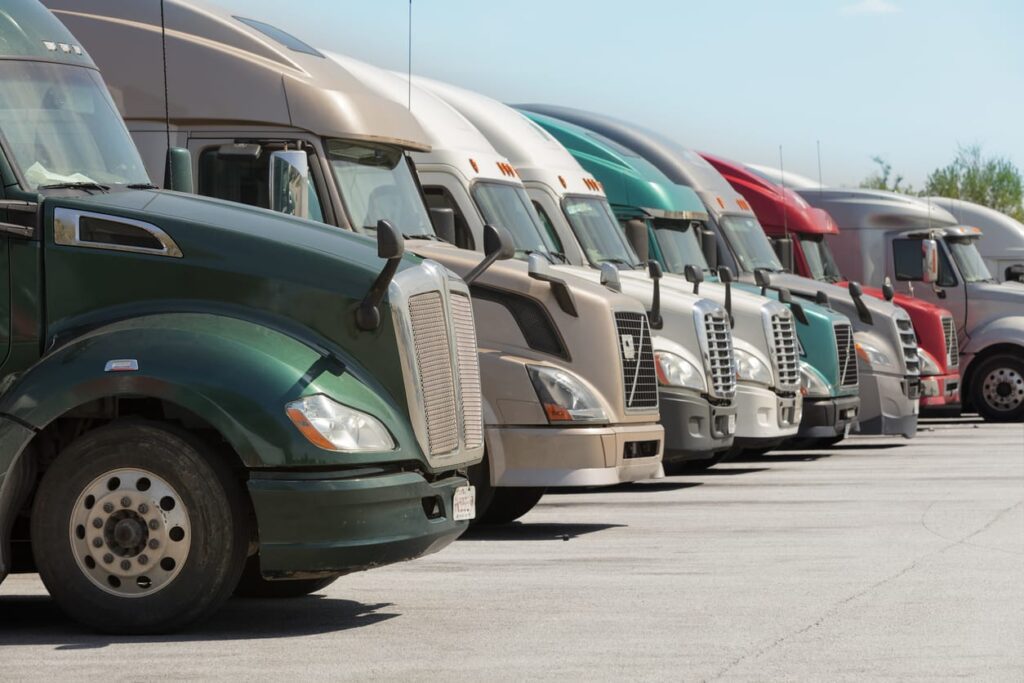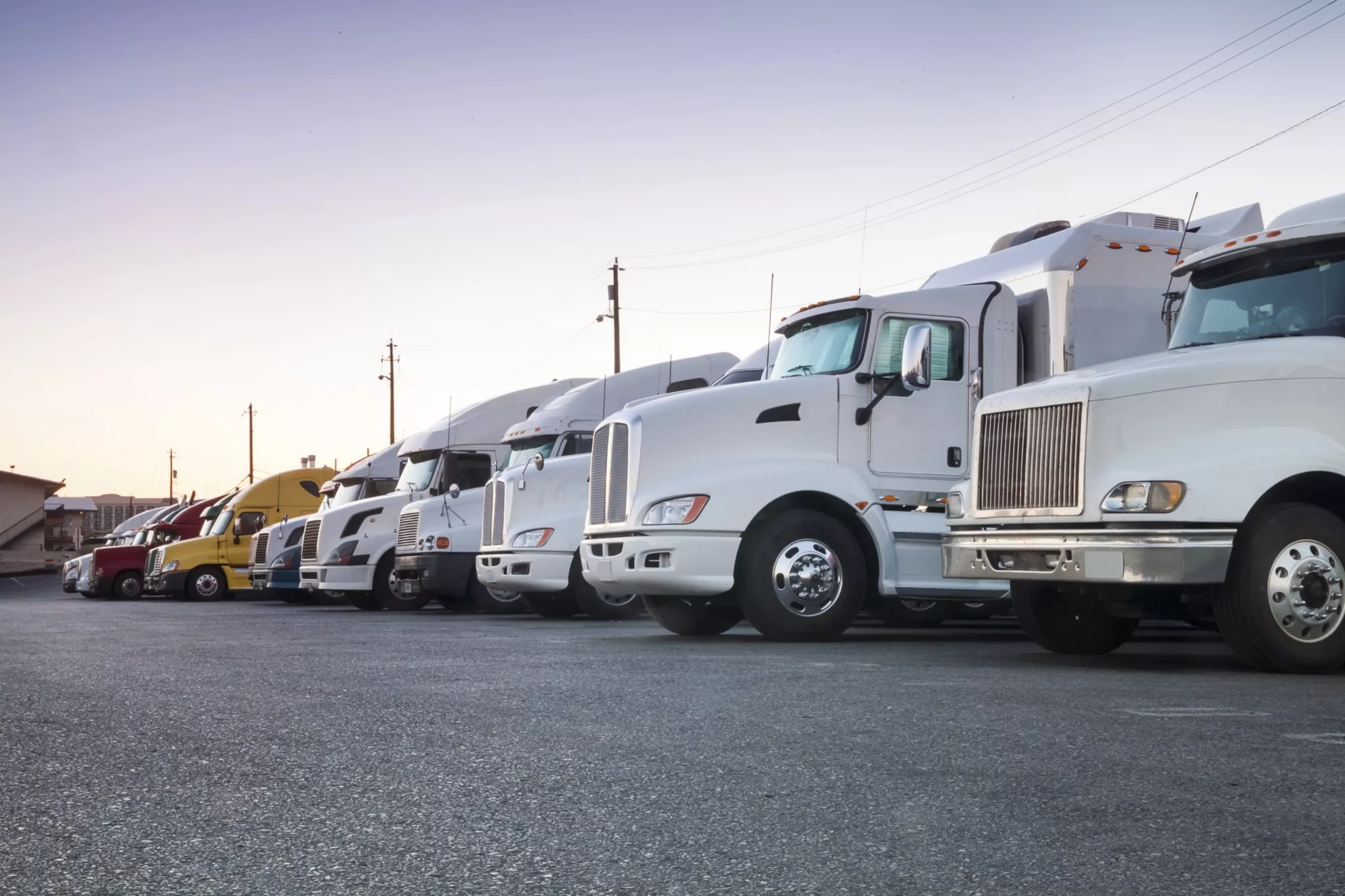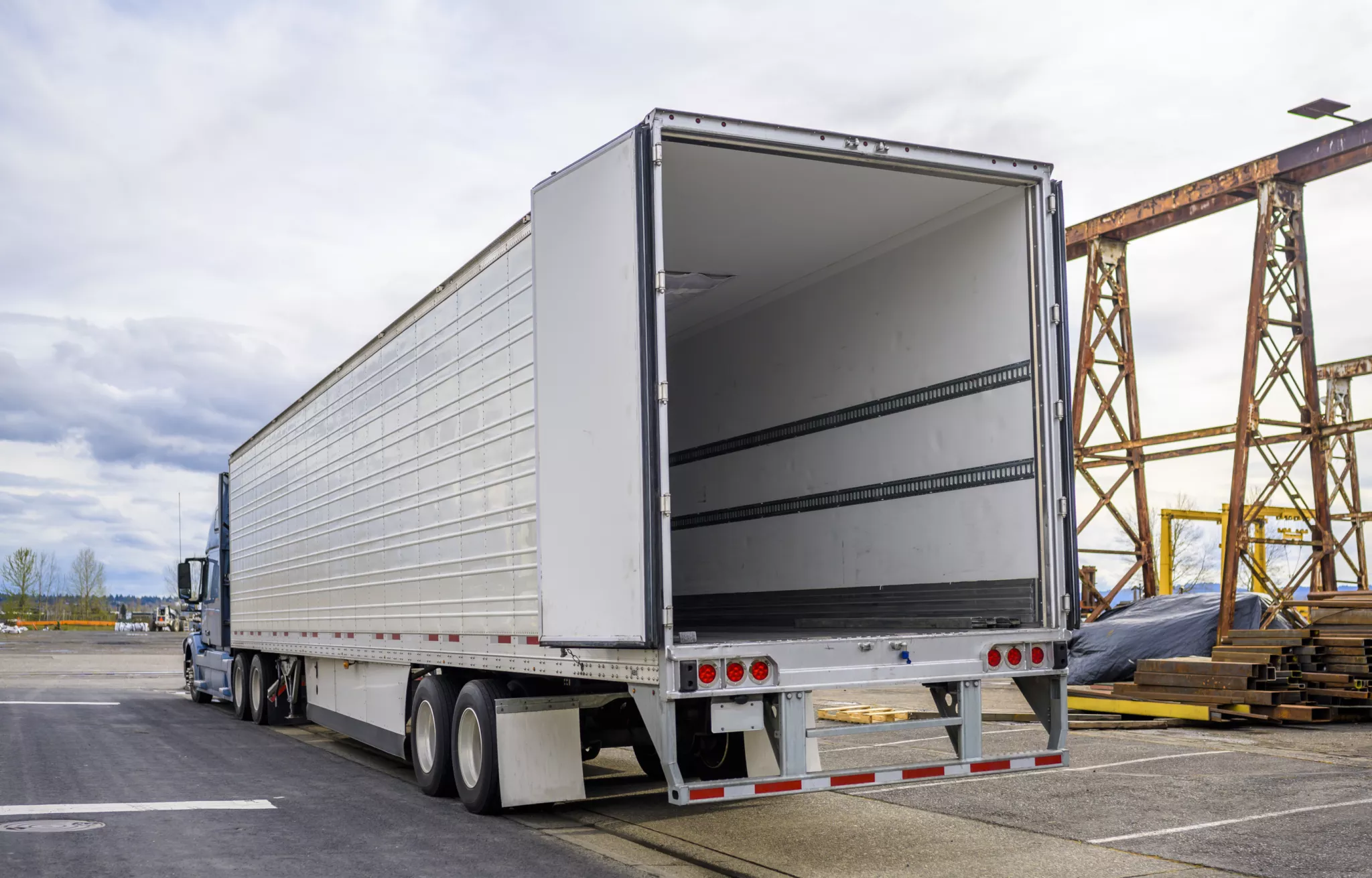When dealing with truck freight shipping, you’ll inevitably encounter a myriad of terms, among which “accessorials” stands out. So, what exactly do transportation professionals mean by accessorials? Essentially, they encompass additional charges beyond the base rate, often associated with industry-specific services or circumstances. Understanding these fees is crucial for comprehending invoicing practices and potentially minimizing expenses. Let’s delve into what accessorials entail, their significance, and strategies to mitigate them.

Accessorials refer to supplementary charges in logistics, covering services such as detentions, liftgates, or unpacking necessary for delivery completion. These charges, not included in standard base rates, are itemized on freight invoices.
Examples of accessorial charges include:
- Extra Time and Distance: Shipments may necessitate additional time or stops en route, incurring extra charges due to delays.
- Special Equipment or Handling: Deliveries requiring specialized equipment or handling, like lift gates or detailed loading/unloading procedures, result in additional fees.
- Special Escorts or Permits: Loads exceeding legal weight or size parameters often demand special permits or escorts, incurring further costs.
Unfortunately, not all necessary resources or services are foreseeable before loading shipments. In such cases, carriers add relevant accessorial charges post-delivery, during the freight audit process.
To preempt surprises and mitigate these charges, shippers and receivers should proactively consider shipment specifics and plan accordingly. By doing so, they can minimize the occurrence of unexpected accessorial fees, ultimately optimizing logistical and financial efficiency.
The 10 Most Common Freight Accessorial Charges
Freight carriers often levy a variety of accessorials, but these 11 are particularly prevalent and worth anticipating:
#1. Detention
Similar to layovers, detention occurs when drivers are forced to wait longer than allotted during loading or unloading.
#2. Hazmat
This fee is applicable when transporting hazardous materials, subject to special Department of Transportation requirements, often leading to increased carrier costs due to regulatory compliance and credentialing challenges.
#3. Reconsignment
Incurs when the delivery destination is altered after the load has been picked up, necessitating route changes and potentially impacting delivery schedules.
#4. Excess Cargo Insurance
Standard cargo coverage typically amounts to $100,000, but high-value commodities may require additional coverage, with rates varying based on commodity type and distance traveled.
#5. Stop-Off Charges
Arise when carriers must make extra stops to pick up or deliver goods as stipulated in the contract.
#6. Tanker Endorsements
Imposed if large volumes of liquids are transported in dry van trailers, requiring drivers to hold a CDL tanker endorsement as mandated by the FMCSA.
#7. Lumper Fees
Commonly encountered in the food industry, lumper fees entail payment for third-party unloading services separate from standard transport costs, with charges varying among service providers.
#8. Special Equipment
Encompasses various equipment types such as edge protectors for open decks and additional straps for van trailers, often available but limited in quantity.
#9. Layover Fees
Flat charges incurred when shippers are unprepared for scheduled driver arrivals, allowing drivers to return later rather than waiting on-site.
#10. Driver Assist Fees
Also known as tailgating fees, applicable when drivers are required to assist with cargo unloading, including loading assistance if requested.
How to Prepare for Accessorial Charges
Preparing for accessorial charges as a freight broker involves several proactive steps. Here’s what you can do:
- Provide Detailed BOL Information:
- Ensure that your Bill of Lading (BOL) includes all necessary handling instructions and complies with legal requirements specific to your carrier.
- Maintain Accuracy in Weight and Measurements:
- Verify that your load adheres to legal weight limits and is properly distributed within the trailer to avoid costly reworking expenses.
- Consider Extra Requirements:
- Anticipate additional equipment and handling needs such as forklifts, pallet jacks, or liftgates, and inform your carrier beforehand to prevent unexpected charges.
- Familiarize Yourself with NMFC Numbers:
- Knowing your National Motor Freight Classification (NMFC) number for any Less-Than-Truckload (LTL) shipments aids in accurately classifying your goods.
- Conduct BOL Line Item Audits:
- Communicate shipping expectations at each stage to ensure accurate completion of the BOL, minimizing potential errors and discrepancies.
- Prepare for Unexpected Events:
- While thorough planning can reduce surprises, remain flexible as unforeseen situations may arise during the freight shipping process. Adaptability from all parties involved is crucial to maintain smooth operations.
Conclusion
In conclusion, truckload accessorial charges can either be anticipated or catch you off guard. While they may appear on your invoice, understanding each charge might not always be straightforward. Educating yourself about these charges enhances your preparedness to anticipate and potentially avoid them in the future. Collaborating with a reliable dispatching partner , such as Logity Dispatch, can be an advantageous first step. For accurate cost projections and reliable dispatching services, feel free to reach out to us to get the best loads for your needs and full paperwork management.







